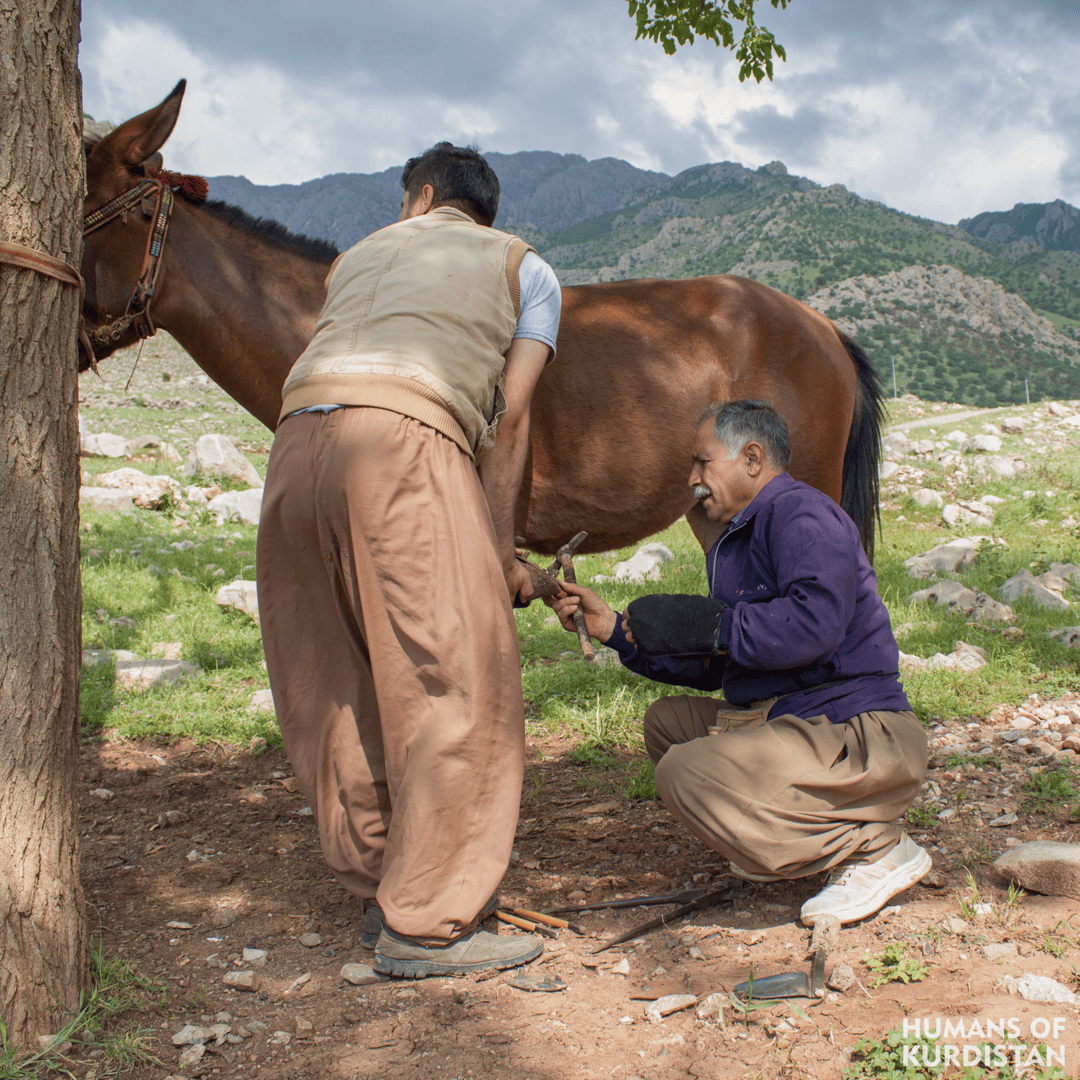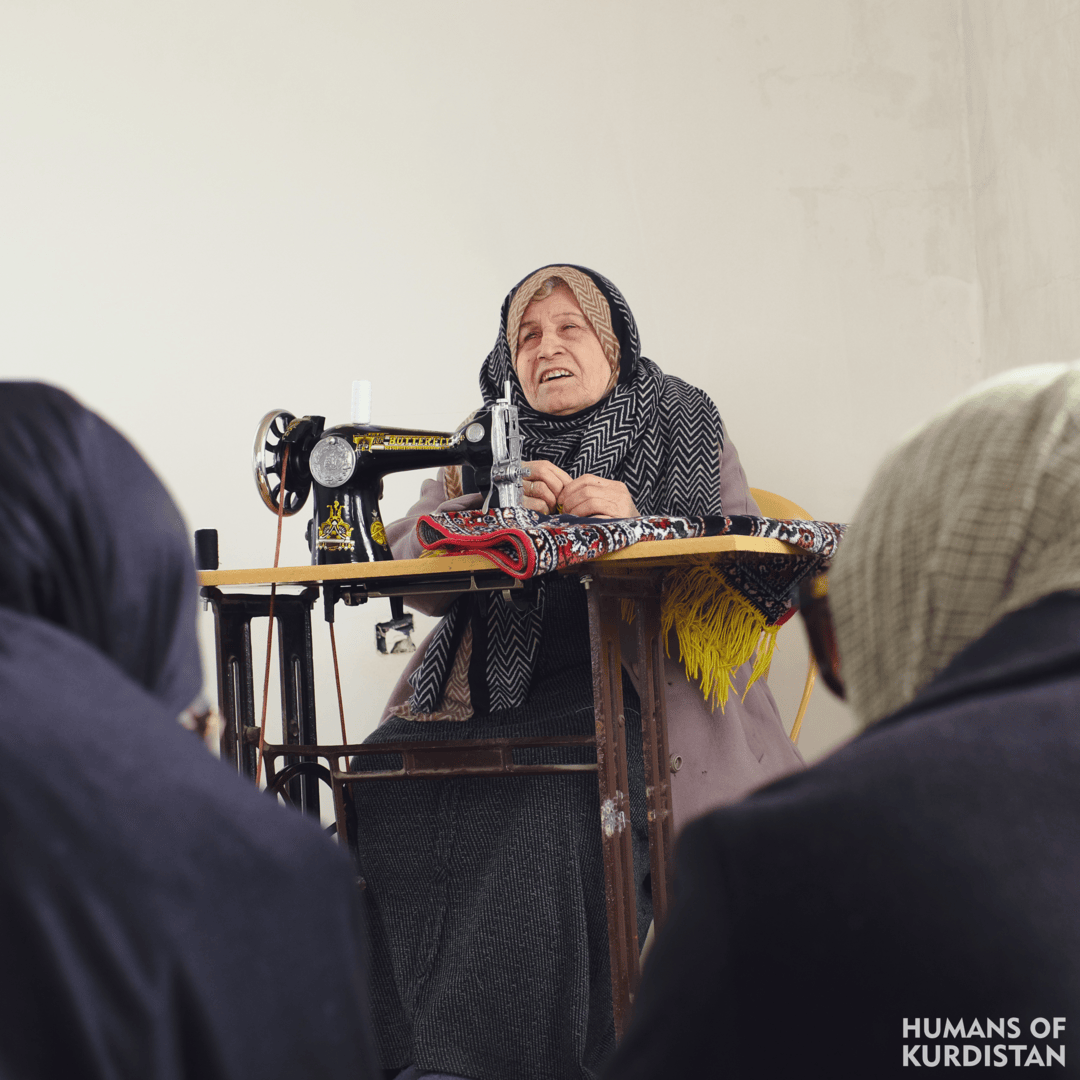18/06/2025
Story of a Kurd from the East (Eastern Kurdistan) In my shop, I create all kinds of designs and patterns. My work isn't easy - every piece goes through several stages before completion, the most important being: molding and cutting, preparation, and crafting the materials. I am Aram Shajei, 35 years old, and I've been working in this art for nearly 20 years. I hold certificates in graphics and handicrafts in the field of goldsmithing. In the past, I worked under several skilled and renowned masters - especially in the city of Sanandaj - learning the craft step by step. Later, I participated in specialized courses in other cities like Karaj, Tehran, and Isfahan. Finally, I was able to participate in Iran's international artisans competition. Since 2019, I've opened this shop specializing in silver, goldsmithing, and crystal work. In just a few months, I've been able to use five kilograms of silver and three kilograms of gold in my work. ...












